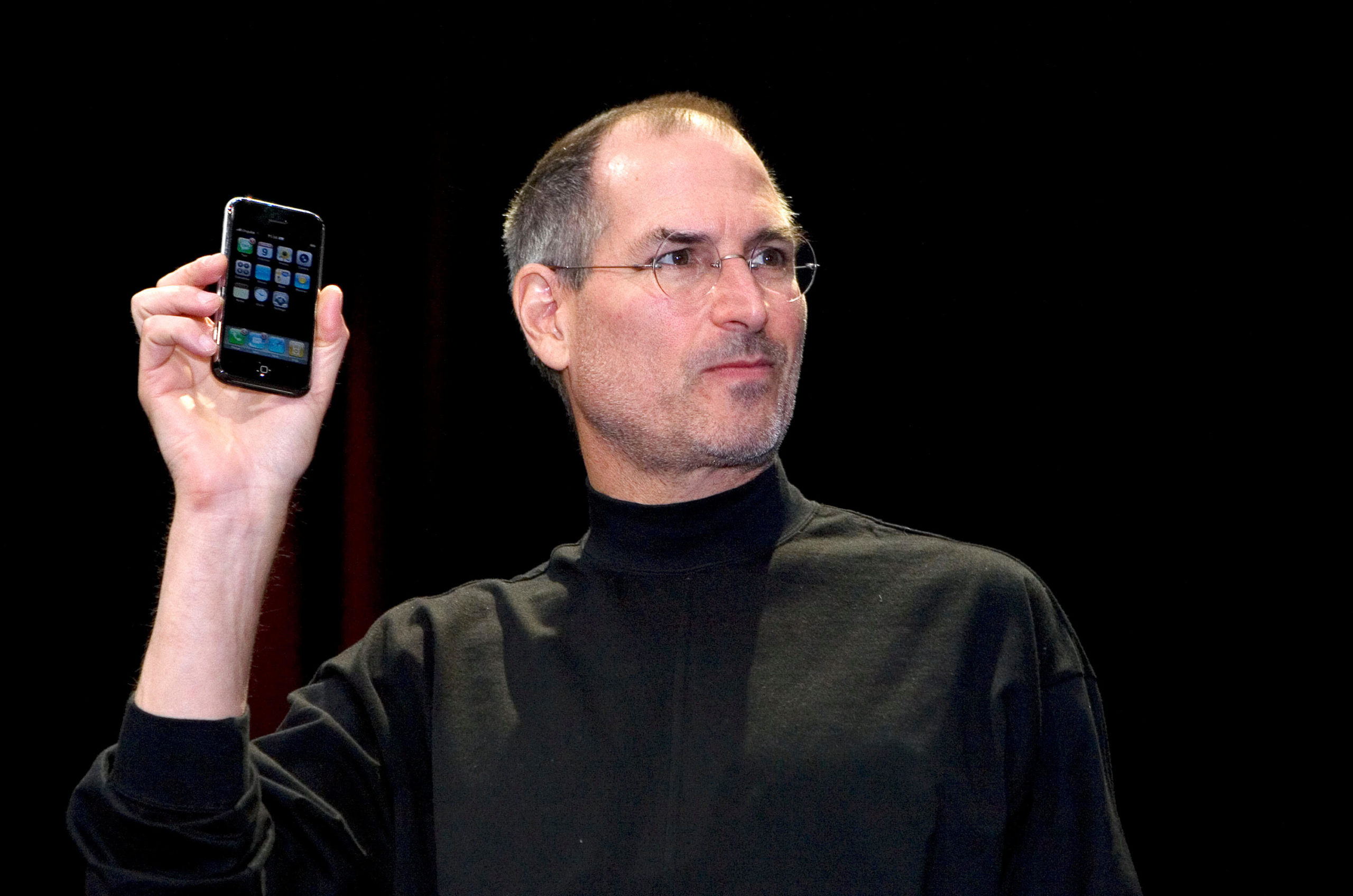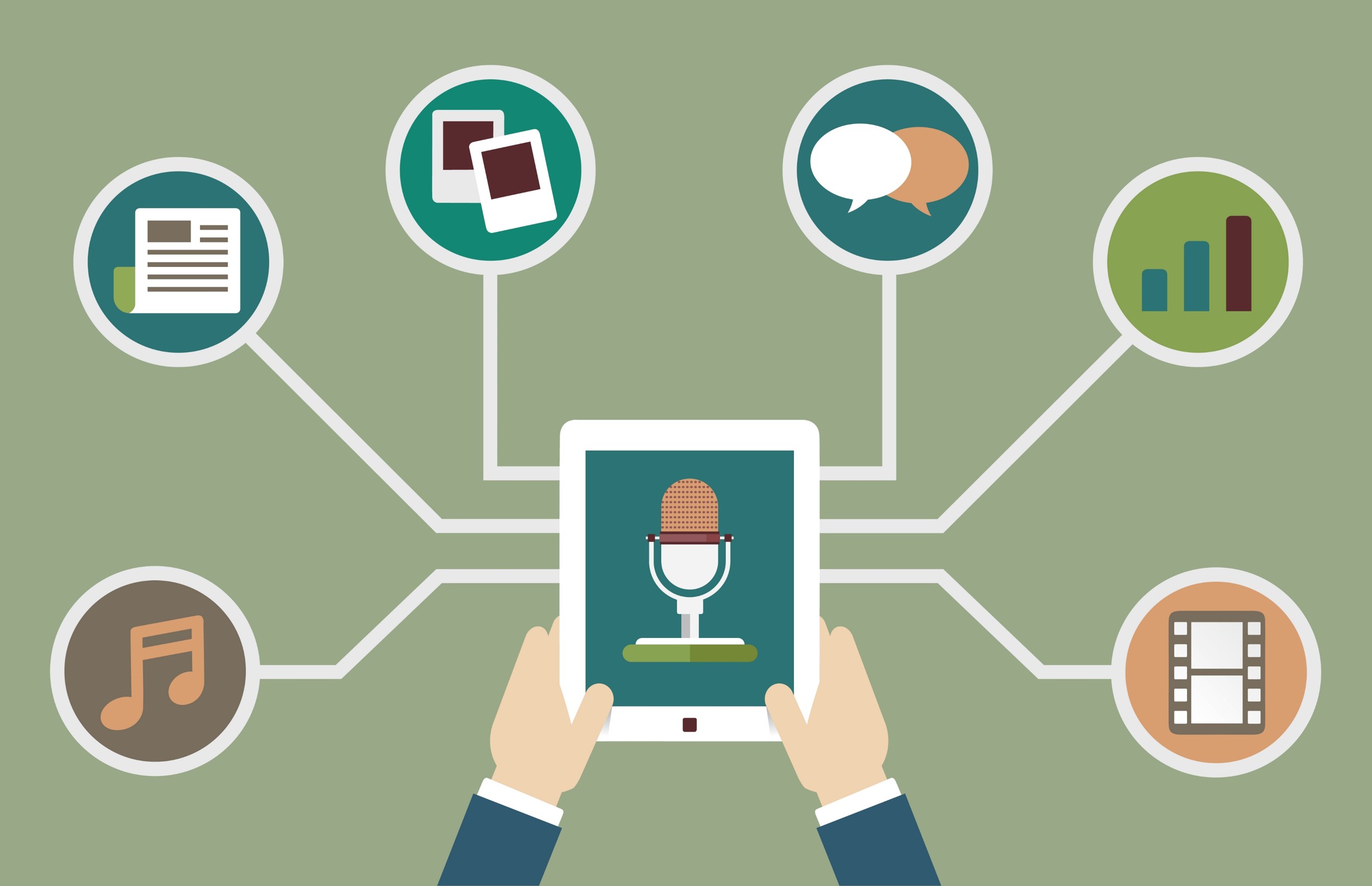
Photo: Apple
Today, I hand the JacoBLOG keyboard over to Bob Kernen, veteran COO for our mobile app development firm, jacapps. During his decade+ running the company (and the jacapps philosophy is, “Not ten years but a lifetime!”), he has seen “the next big thing” in smartphones and technology come and go. That’s why I asked him to watch the much-hyped Apple event yesterday and provide you with his wizened perspective.

Bob Kernen, jacapps
Apple wasn’t the first with AI. It hasn’t been the second, the third…or the tenth. So, the debut of its new iPhone 16 with Apple’s version of AI – or “Apple Intelligence” – has been long anticipated by the company’s fan boys and girls, as well as by Wall Street and the investment community. Apple’s last big announcement – for the VisionPro headset – earlier this year wasn’t exactly a home run. It wasn’t even a bloop single.
So, what to make of the new iPhone 16? I’m assuming most of you were a little busy on a harried Monday in September to even bother tuning into what Tim Cook and company have wrought. So this morning, Bob does the heavy lifting for us. What does the next iteration of the amazing iPhone mean to us consumers – and radio people – as we head into the last few innings of 2024 and a world where artificial intelligence continues its march to an unknown future. – FJ
“Hey Siri, Make It Seamless”
By Bob Kernen, COO jacapps

Every time Apple engineers another big product launch, I can’t help but think back to that now-famous event where Steve Jobs walked out on the stage in 2007, held up the very first iPhone and declared this new innovation was a “revolutionary and magical product that is literally five years ahead of any other mobile phone.” Of course, he was right.
He also noted something else about the device: “It’s an iPod, a phone, and an Internet communicator.” In other words, seamlessly integrating three key devices into one. As we we would soon learn, it was also a compass, a flashlight, a calculator, a health and wellness tracker, an alarm clock, a credit card, a video player, an e-reader, a GPS, and a radio (!).
As I watched the latest Apple announcements pour out of Cupertino yesterday, I was less impressed by the new features and products announced than I was at the poetry of how these products increasingly work together. Seamlessness was the order of the day, and we “users” are the beneficiaries.
While this year’s launch of VisionPro was certainly the more impressive technological feat, what Apple showed off yesterday demonstrates what life in the world of virtual and augmented-reality will really look like for most of us.
Mark Zuckerberg’s dream of us leaving our inconvenient carbon-based existences for a virtual world (with or without legs!) has become a cringe-inducing joke, but that doesn’t mean we don’t want to augment ourselves with technology to make our lives easier, and maybe even better.
It was no coincidence that the products announced today fell into three device categories – the ones that are literally and figuratively closest to our hearts. First there was the new iPhone16 and its variations. For most of two decades this “smartphone” (its phone-ness isn’t even secondary anymore) has been our personal CPU (central processing unit) and all-around go-to device. And the new devices continue to be impressive and stuffed to the gills with new features and enhancements. But that isn’t what stood out to me.
The other products announced were the next version of Apple Watch and AirPods. So what, a watch and “earphones?” Yes, in the years since the Apple Watch was announced it has gone from a so what to something with a wide variety of innovative uses. And ear buds are not really news. So, why muddy up the release of iPhone16 with mere updates for these other devices? As we know from our Marketing 101 classes, focus is of key importance with any product launch. And iPhone 16 with Apple’s interpretation of AI qualifies as a “big one.”
But there was a method to Apple’s madness. Seamlessness has always been their superpower. In its DNA from the early software designed specifically for Macs to these new products, Steve Jobs and his successors knew that if things didn’t work together, the technology could just as easily create barriers as efficiencies. Competitors like Intel, Microsoft and now Google take a more agnostic “Switzerland” approach to things, while Apple’s aim is clear – you’re either an Apple person or you’re not.

Photo: Apple
Now they’ve done it with Apple Intelligence. It isn’t the first – Apple is almost never first – AI technology to be integrated into our handheld devices. At CES, Fred, Paul, and Chris did major reports from Google’s massive exhibit where they showed the integration of AI into their Pixel smartphones and tablets.
But like iTunes was to MP3 music, Apple Intelligence is the first to come at the product from a distinctly user-oriented point of view. The one to make it so easy, and to work so well with great hardware that mere mortals can actually put into use. What makes Apple Intelligence something of a breakthrough is that it isn’t an “app.” Rather it is technology embedded into the very operating system. This allows it to support all kinds of applications. The promise is similar to the old “Intel Inside” stickers: This great technology is baked into the system.
Here’s a brief look at the “Apple Intelligence” experience from yesterday’s presentation:
What does this mean to us humble content producers? The users, i.e., your listeners, want the same sort of seamlessness in their experience with your product. In fact, they’re gonna start expecting it. That means that a lousy website or basic app doesn’t cut it anymore. Your listeners are going to expect your station app to deliver the content they want, when and where they want it. Your website had better look great on a smart phone. And if you want to be an integrated part of their lives, you’d better keep up – or get left behind.
That means really thinking about how the user is engaging with you. For years, radio focused on the “in car” experience because that’s where the audience listened. Well, with WFH and remote work, that’s probably less true today. You have to understand that your content is likely coming to them through a pair of AirPods at the gym, or coming out of the Sonos speakers in their home office or kitchen.
Of course, let’s not forget Apple Intelligence experiences will also make its way to the car dashboard in the form of Apple CarPlay, yet another way the creators of Cupertino are weaving their iOS platform through our lives. As an app developer, I can tell you working with Apple’s operating system has always been a relative joy, especially compared with “the other white meat,” Google’s Android platform, a migraine headache in four acts. That’s because iOS is consistent, uniform, and works across their devices.
It’s the S-word again – seamless.
Every time radio breaks up the continuity, the flow, the seamlessness, of its product, whether it’s with a long commercial break, or a gap in your content’s availability, it’s a chance for that listener to choose something else or go somewhere else. But if your content is not only great, but easily available and presented, why would they go anywhere else?
to choose something else or go somewhere else. But if your content is not only great, but easily available and presented, why would they go anywhere else?
As Jacobs Media’s Techsurveys and AQ studies have shown us over the past two years, there is much attendant fear over AI – what it is, how it symbolizes rampant technology taking over our lives, and how it threatens our very existence. Like so many other innovations over the decades, Apple understands it cannot just make cool stuff – it must demonstrate how its products better our lives, seamlessly becoming a part of what we do – and yes, who we are.
We hear (and say) the cliché often: “Meet the audience where they are.” Well, this is what it means in the real world – or better put, the augmented reality world Apple is banking will become the fabric of our day-to-day lives. We won’t even think about AI. It will be there, all around us.
Seamless.
Simple. Brilliant.
Two things…
We will be announcing our CES plans later this month. But a sneak peak into our mindset for this January event is a reimagined tour based around how AI can be/will be used in business and media in a not-so-distant future. We will be focused on AI innovations radio broadcasters can bring back home to their stations and companies. Stay tuned for that.
And jacapps has all your mobile solutions and would be more than happy to show you how its newest platform can address your mobile goals. Reach out to Bob Kernen here.
Originally published by Jacobs Media








